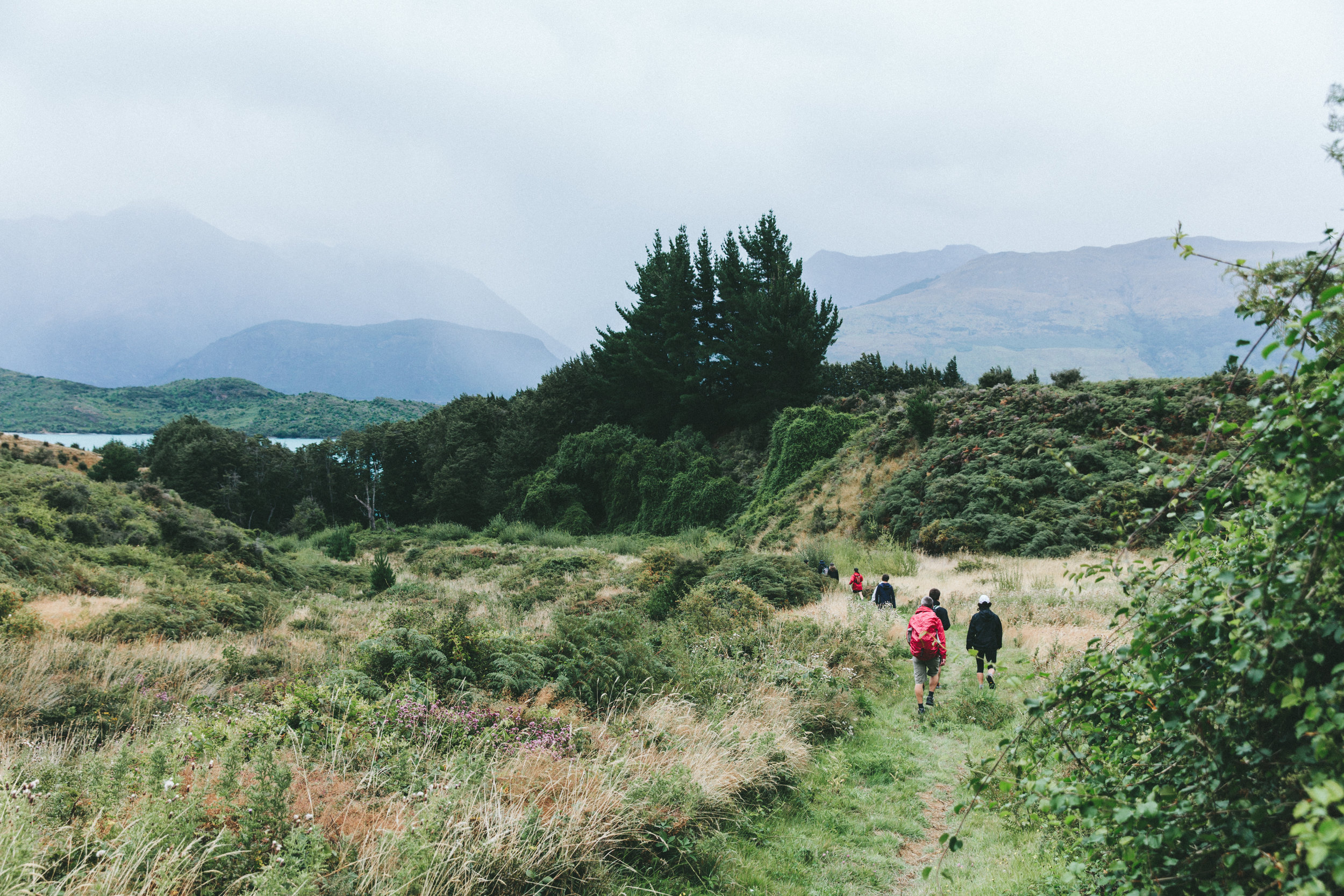
Projects
What do philosophers (and those who study philosophy) even do?
“Franciscan monks in the cloister of Santa Maria in Ara Coeli” (detail) by Jodocus Sebastiaen van den Abeele (1797-1855). Photo by Rama via Wikimedia Commons. CC BY-SA 3.0 FR.
Problems of God and Evil (Fall 2020)
Philosophy in (and Outside) the Classroom (Fall 2020)
Coming Unhinged: Problems in the Religious Epistemology of Disagreement (Fall 2020)
Contemplative & Communal Forms of Life (Fall 2020)
Contemplative & Communal Forms of Life (Summer 2020)
The global COVID-19 pandemic continues to disrupt and divide innumerable lives throughout the world. Without downplaying the tragedies and outrages, we need social solidarity, despite physical distancing, more than ever. Those in academia, particularly professional philosophers, should pause to take stock of how a seemingly “useless” field of study can contribute to alleviating suffering and growing resilience wherever possible. What can we learn from the contemporary lives of Buddhist, Christian, and Jain monks, nuns, and hermits? What can we learn from the history of past communities like the Epicureans, Essenes, Therapeutae, and Manichaeans? A group of diverse undergrads studying philosophy is trying to find out during the summer of the pandemic.
